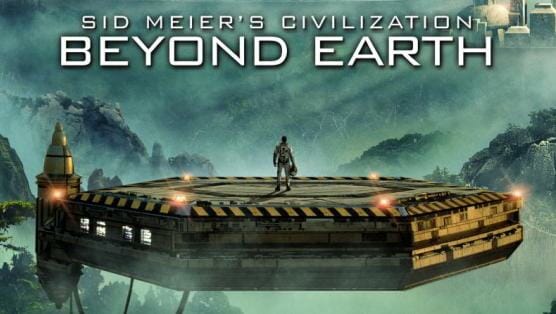Civilization: Beyond Earth—The Mistakes of Man

“I do say that space can be explored and mastered without feeding the fires of war, without repeating the mistakes that man has made in extending his writ around this globe of ours. There is no strife, no prejudice, no national conflict in outer space as yet. Its hazards are hostile to us all.”
Space is equalizing. It is the most hostile environment our kind has ever known. Yet perhaps more now than in the previous half century, our species seems to yearn for it. Even the United States, which has reached the farthest into the void, isn’t by any means dominant in the black. People all over the globe, throughout all of history, have looked up into the night skies and wondered. That giant, black dome, with dotted points of shifting light, pushes us to wonder what the future holds, what lays beyond the horizon.
Beyond Earth wants to be that answer, or at least it aims to get as close as any game reasonably can. In the same way that previous Civilization titles have sought to encapsulate all that humanity has been, Beyond Earth tries to show us what we can be. It’s a lofty goal that makes it that much more painful to see that, at least according to this vision, our future holds yet more strife, prejudice and national conflict.
Opening with a short video clip, Beyond Earth quickly sets its tone. Earth’s been used up and the only hope left for our people is to push into the stars and find new homes. Upon finding a suitable planet, the star faring colonists make planet fall, dig in and do their best to survive on this alien world. From there, it plays almost identically to Civilization V—with half of its features missing. The city building, national management, research and more are still here. Beyond Earth is definitely a Civ game, but it feels like a huge step backwards—thematically and mechanically.
Civilization V had two expansion packs to build upon its initially threadbare foundation. Gods and Kings added religion, city-states and espionage, while Brave New World brought in a stronger emphasis on international trade and a more robust system for managing culture. Beyond Earth keeps only about half of these. Religion, for example, is completely gone. That’s a shame as it helped establish trade routes and economics as a brilliant source of soft power. Now trade feels like another means to an end instead of a piece of an intricate strategic web. Espionage has been beefed up a bit, such that it no longer feels like an afterthought, and the addition of orbital structures provides a myriad of tactical options, but these changes seem geared to a more aggressive, literally xenophobic style of play.
Different victory conditions (science, cultural, diplomatic, etc.) exist in Civilization games to support not only a myriad of play styles, but a myriad of philosophies. To a degree, that’s retained in Beyond Earth, but the philosophies guiding most of the victory paths are driven by conventional thinking.
